This is the time in our lives when those close to us begin to get health issues that are (a lot) worse than sinus infections and UTIs. Things like cancer, cancer recurrences, weird blood test results, scary heart ailments, Parkinson’s, and more. Or at least that’s what is going on in my circle of friends. I’ve often wondered how to ask for information, whether I’m prying, how the person is coping with the news, and what kind of help I could offer. And perhaps too many times, I’ve hung back and figured if the friend wanted to talk about medical matters, they would do so.
Wanting to do the right thing, I asked my friend, author Mindy Greenstein, Ph.D., for advice. Mindy knows this issue from both sides. She is a psycho-oncologist (meaning a therapist who works with cancer patients and/or caregivers), and she herself is a cancer patient, having first been diagnosed 13 years ago and now living with a “lazy but stubborn” variety of the disease. Here’s what she told me about how all of us can best support a friend dealing with a difficult diagnosis.
Is there a right response when a friend tells you she has a major health issue?
There’s a danger to offering a specific script because it can have a different impact depending on the person. Let me tell you a story. The first time I was diagnosed, I tearfully told my older neighbor Olga the news that I had breast cancer. Her immediate response was, “Who doesn’t?”—that absolutely made my day. For me, it put everything in perspective, that plenty of people have cancer and life goes. It was great for me, but maybe it wouldn’t be for others.
In general, your goal is true empathy. When in doubt, listen rather than speak. That’s really the most important thing.
Should you try to be very positive, a cheerleader?
It’s important to recognize that you cannot give someone hope by saying the right thing. When I was sick, so many people were talking about why I had to have a positive attitude. I even had a really bad moment with someone who ordered me to say out loud, “I WILL BE FINE!” and told me I had to do that if I was going to fight the disease properly. Can you believe it?
In my professional practice as well, I heard that patients say that being told to be positive is pressure, like you’ve got to get an A in cancer management. And saying things like, “Oh, everything will be all right”—how do you know? That may or may not help.
Read More: Feeling Left Out? Why Those Younger Co-Workers Don’t Hang Out With You
That’s great advice. Anything else in terms of well-intentioned gestures that may not land well?
I have two thoughts here. First, don’t let your own anxiety about illness and mortality overshadow things. It’s not about you; it’s about your friend. Think before you ask her 100 questions she’s probably been asked and answered before. For me, the question I got a million times was, “Does it run in your family?” which often sounded like it was expressing the asker’s own curiosity and worries.
Next, please assume we know what we are doing, are doing all the research we need to, and please don’t recommend doctors. Or at least ask if we need advice or medical connections before offering it. I was going to the top-rated breast cancer doctor on the planet and had spent a lot of time determining my path, and a friend kept double-guessing my decision to work with him after I had a cancer recurrence. It made me hesitate to spend time with her.
What if we hear through the grapevine that a person is ill—do we reach out or wait till we are told the news directly?
I’d think reaching out is a good move. When I was first diagnosed, I got a wonderful email from another mom at my son’s school. It said something like, “I hope it’s okay to write, and there’s no obligation to answer, but I had breast cancer 10 years ago. If I could be helpful in any way, if you’d like to talk to someone who’s been there, done that, or need info, please reach out.” That was such a great gesture—specific but not intrusive. We became friends based on that exchange.
What if the person indicates she doesn’t really want to talk about her disease?
Follow her lead. She may need to have a “cancer-free zone” where she can socialize without it being all about her disease. Don’t take it personally. And don’t back off entirely. Being sick is so isolating. When you are ill, you feel like the loneliest person . . . ”Why am I stuck with this?” and you can’t help but be envious of those who are healthy.
But that leads me to a point worth noting even with someone who is eager to discuss their medical situation: Don’t make everything about the diagnosis. There is a distinction between the fight to get cured and fight to live a life of meaning and purpose, regardless of one’s medical condition. Don’t make the disease the sum total of her existence. For instance, I am Mindy who can’t do all the things Mindy liked to do, but don’t forget the entirety of me.
I always feel somewhat useless when I say, “How can I help?” What can I say or do instead?
When you ask that question, you kind of give the sick person homework—she has to figure out what you could do. Instead, try a more specific offer, like, “Would you like to go out for coffee, or can I bring coffee over? Want to binge-watch TV together?” (I have a list of some favorite “Chemo-worthy TV” if you need ideas.) Maybe it’s, “Can I send you a joke every day, or can we take a walk around the block or try a tai chi class together?”
What if you wind up saying or doing the wrong thing? Then what?
Rule number 1 of this situation is you are going to fuck this up. It’s too difficult; illness and mortality make all of us recoil, and you don’t know what the person wants to share or hear. You may get them at a bad moment or ask them something that they are sick of answering. If you feel like you’ve said or done the wrong thing, don’t be too hard on yourself and move ahead, showing your good intentions.
Rule number 2: When in doubt about what to do or say, just ask your friend. Try something like, “I’m not sure the best way to be helpful—should I pop in or not; what would you like?” Give a suggestion, then follow their lead.
Anything else you’d like to share about helping a friend cope?
For those dealing with breast cancer, I’d say the book Breast Cancer Husband by Mark Silver, about how he learned to help his wife, is amazing and was my husband’s bible. A great thing to give a spouse. Also, a friend gave me an UglyDoll as a gag gift, but they are the perfect size and shape to wedge under your arm if you’ve had a mastectomy.
I also remember that on a cancer patient online community I’m part of, someone asked people to share nice things that had happened as a result of their illness. There were so many responses, and it was wonderful to read; so many kindnesses. I remember one story about a woman who told her coworkers that she was starting chemo and was going to come in with a preemptively shaved head the next day. When she arrived at her workplace, several of her colleagues had shaved their heads so she would feel less alone, less different. I’m not suggesting friends go that far, but that impulse of solidarity is a wonderful one!
Read More: “We’ll Always Be Those Girls”: Why Your Oldest Friends Matter So Much

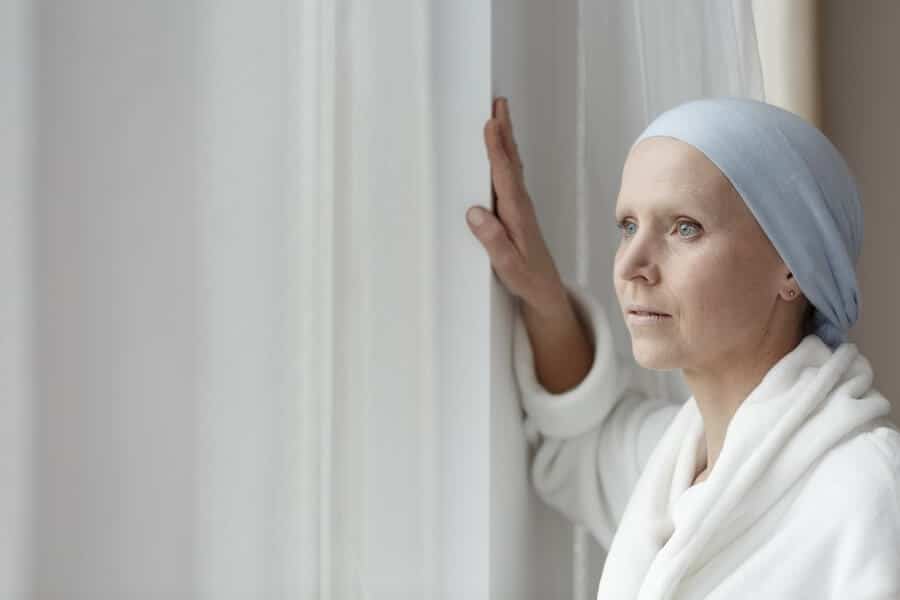

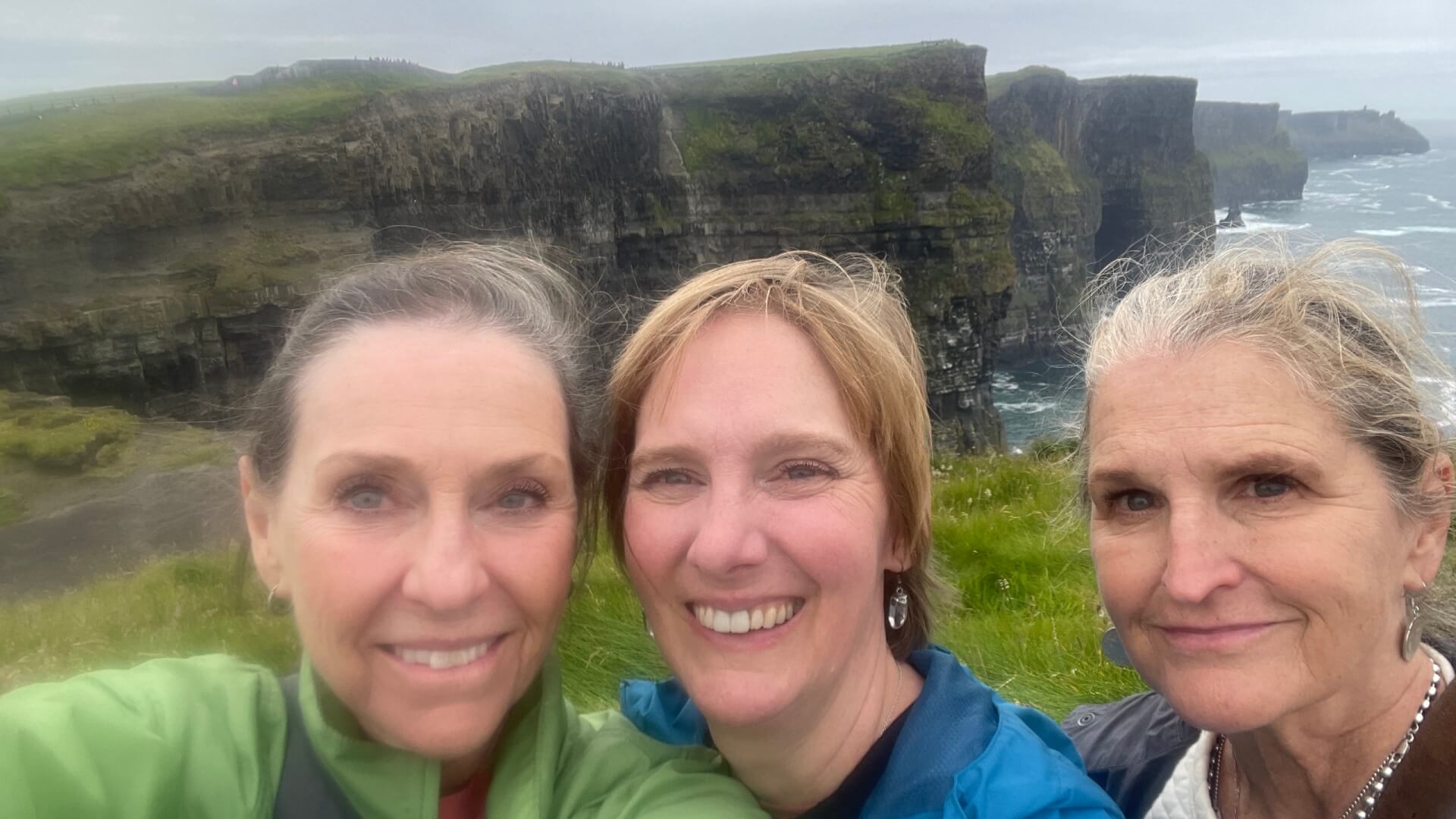
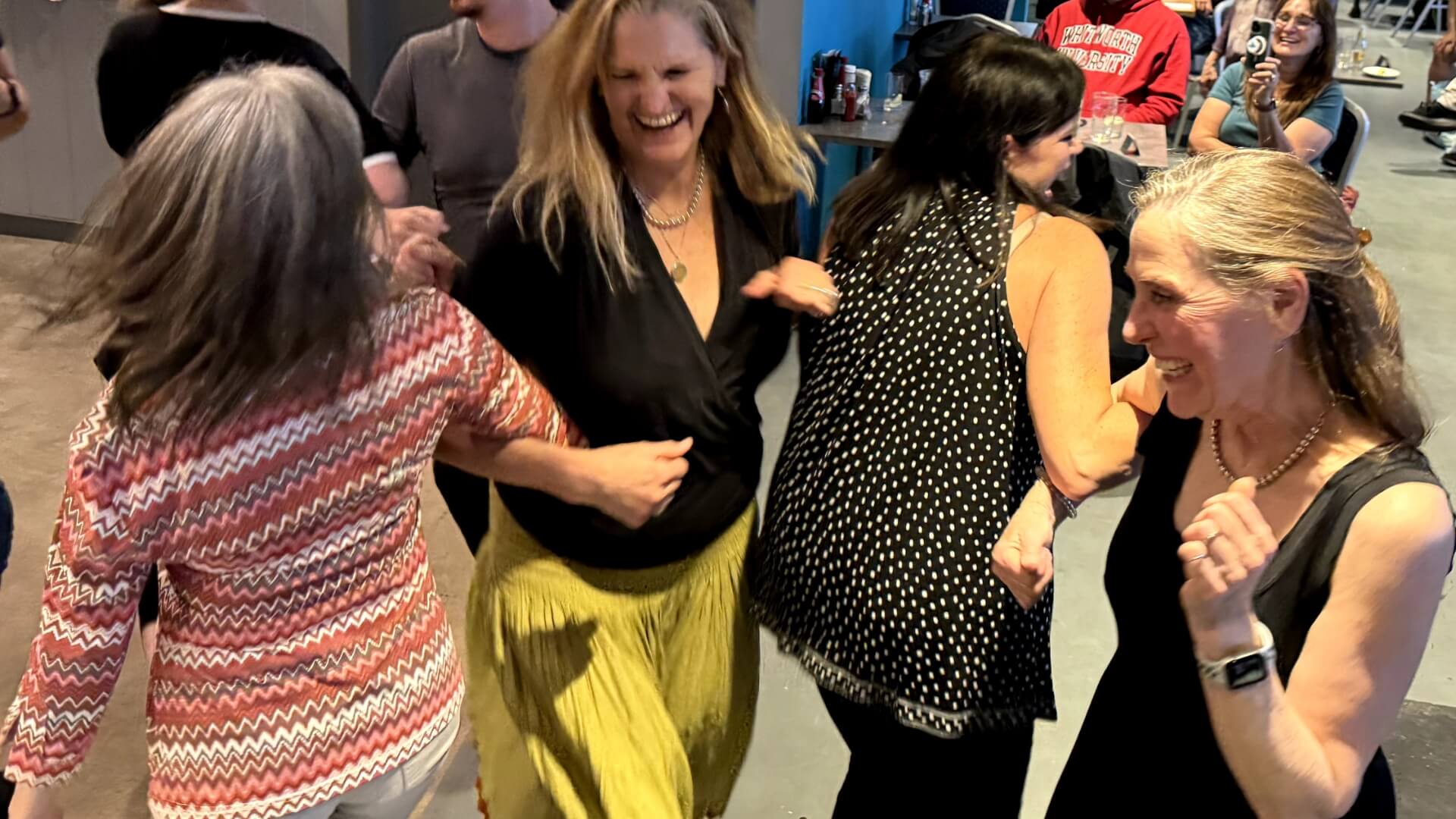









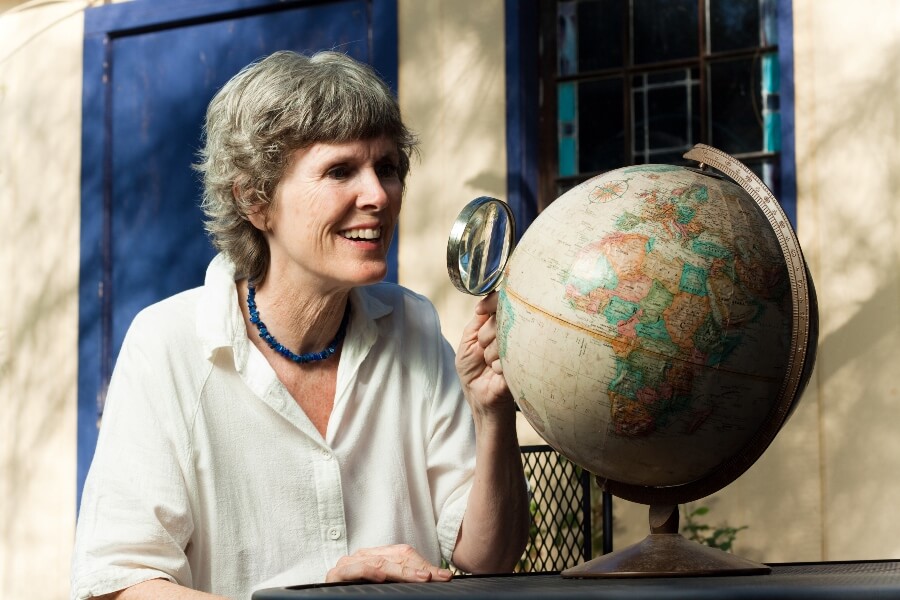
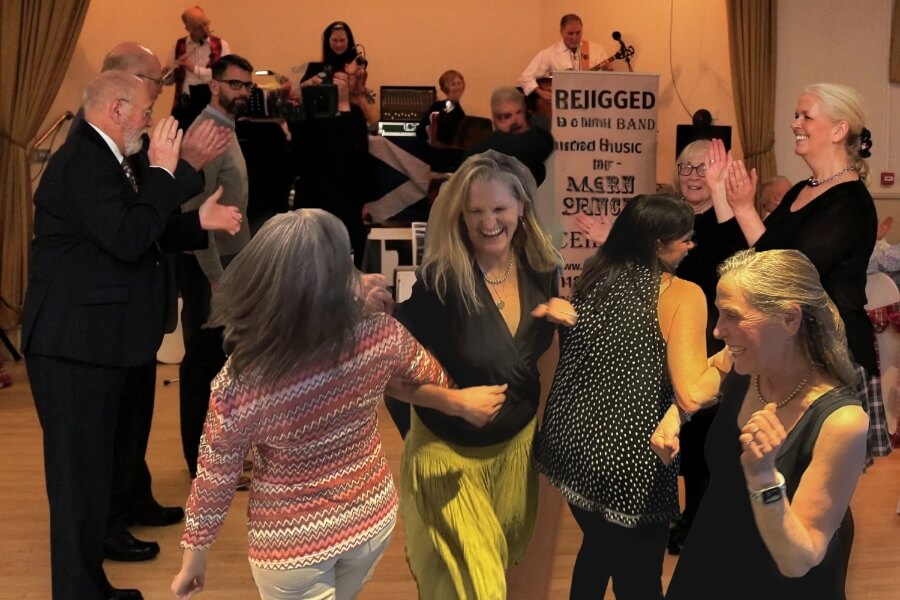

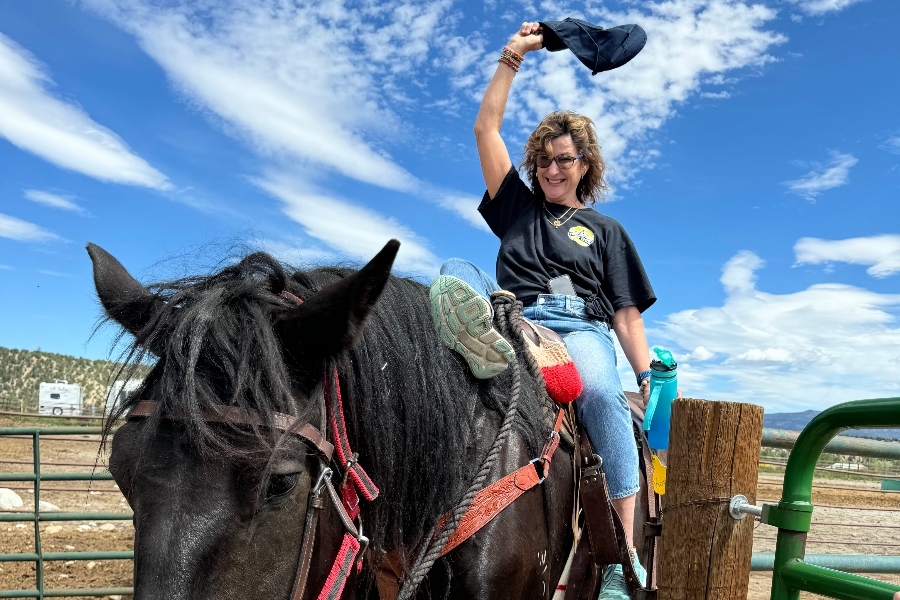


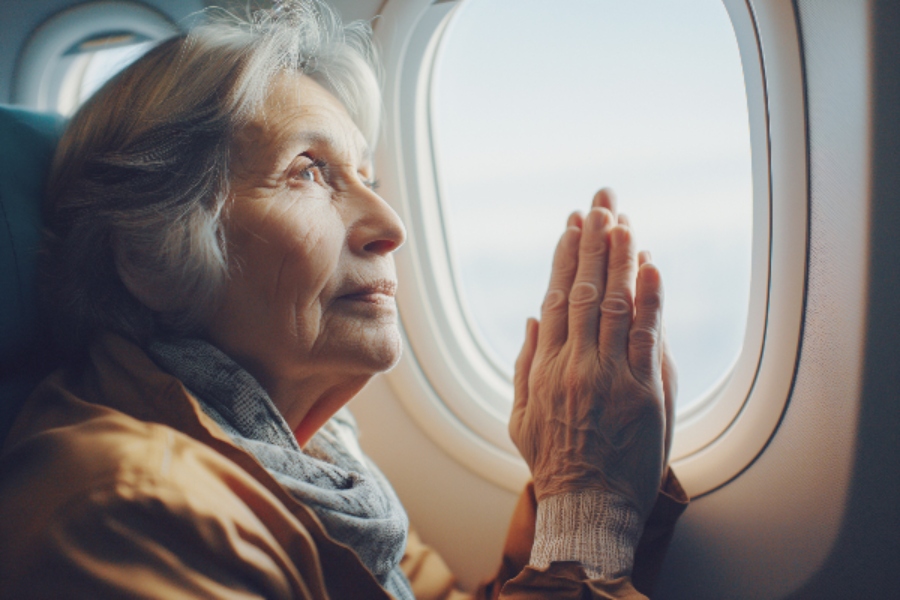
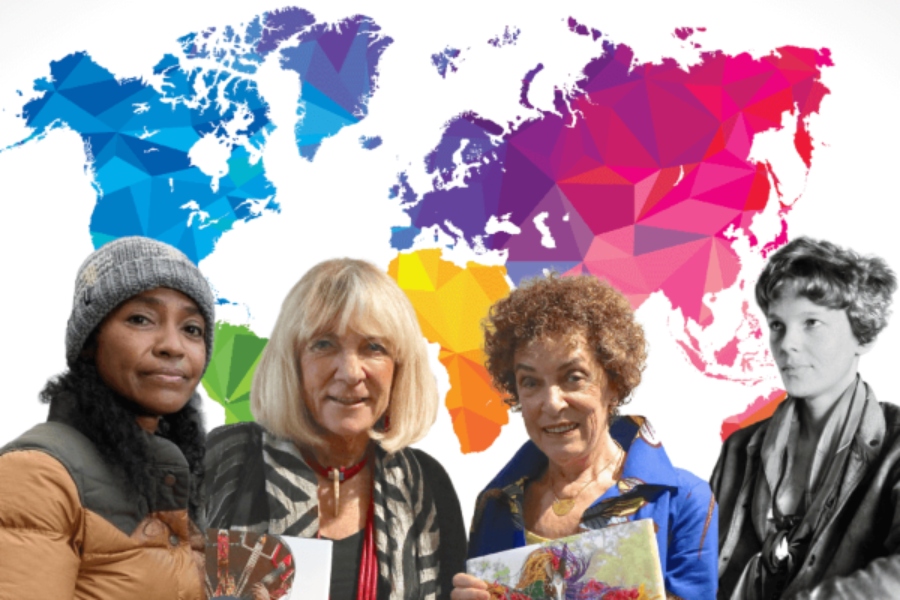

0 Comments